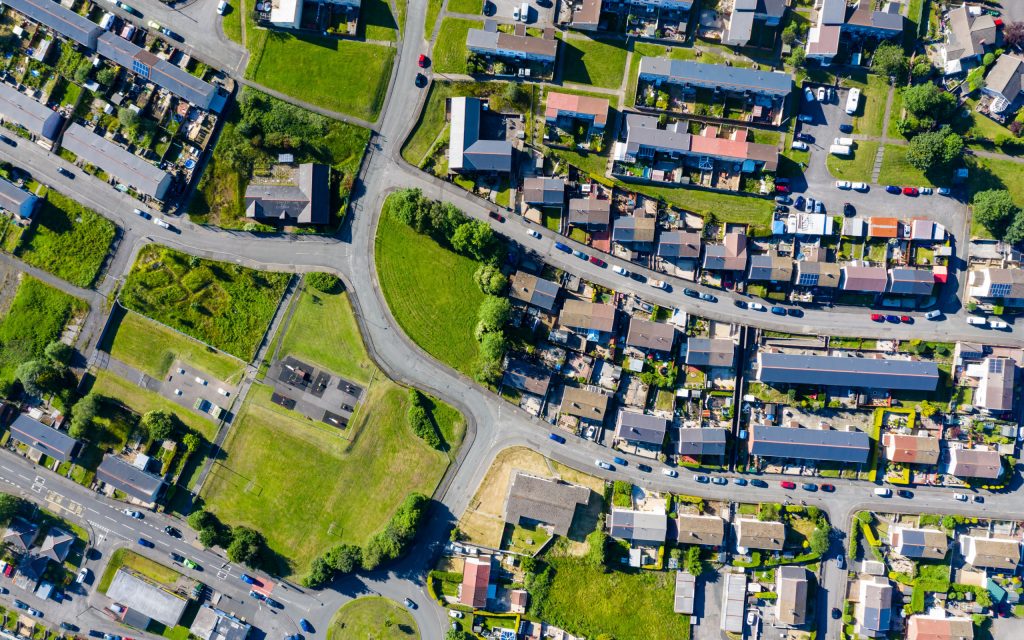 Economy
Economy 
Following the Bevan Foundation’s recent event exploring the role and prospects of places beyond cities, Helen Cunningham reflects on some of the key highlights.
We recently held a conference about the role, prospects and opportunities for places beyond cities. Wales could be said to be a nation of towns and villages and we wanted to explore this in relation to some of big policy areas like the foundational economy, city deals and place-making.
We were lucky to hear from a great range of speakers that covered plenty of ground. The Joseph Rowntree Foundation’s work across the UK with low income voters and places that have been termed “left behind” highlighted the importance of place and how where someone lives can effectively mean they are locked out of prosperity. Where we live matters, as does the purpose of the places we live. But people matter too and aren’t short of ideas about how to improve their area but don’t always feel they have enough say. Bottom up, local approaches in partnerships were pinpointed by the Carnegie UK Trust as some of the common factors in turnaround towns. Their insights on the twenty-year journey that West Kilbride craft town has been on was an inspiring example of what change can be achieved with a long term, clear proposition that brings people together to help realise it.
The Deputy Minister for Economy and Transport set out the window of opportunity to take a different approach to the economy through the politics of the possible, by learning from what has worked elsewhere and daring to try new approaches, such as through the foundational economy challenge fund. We were pleased to hear this in the context of making places more resilient, especially in the face of challenges such as the impact of Brexit.
The Federation of Small Business outlined some of the other megatrends facing towns including the way people shop, do business, technological change and demographic change. One of their recommendations is to introduce a “future of Welsh towns fund” to support towns to respond to these challenges and develop their own vision and strategy. The Understanding Welsh Places (UWP) project, who also presented at the event, can make a vital contribution in this area. UWP is a platform for rich level of detail and insight about places and helps fill the gap on the shortage of robust data on towns and smaller communities in Wales. Importantly, it’s also a space for communities to participate and tool for communities to share their plans and research on their locality.
We also presented our paper on Anchor Towns as vehicles to help re balance regions and grow a more inclusive economy. City deals cover a large proportion of Wales and the Cardiff Capital Region City Deal’s presentation illustrated the big variations between places within a city deal area. We think that anchor towns could be part of the solution to how the benefits of city deals are distributed to places across the region. The Industrial Communities Alliance’s work on growth beyond the big cities also served as an important reminder that cities don’t have a monopoly on economic activity and the productive capacity of smaller places is overlooked, underestimated or in some cases placed in the “too difficult” box. Their work makes the positive case for industrial places to help realise their full potential.
What was striking about the event was the level of interest and debate generated by the content. In fact, we’ve had so much interest that next year we will be taking this agenda to an event in north Wales. Keep an eye on our events page for more details.


